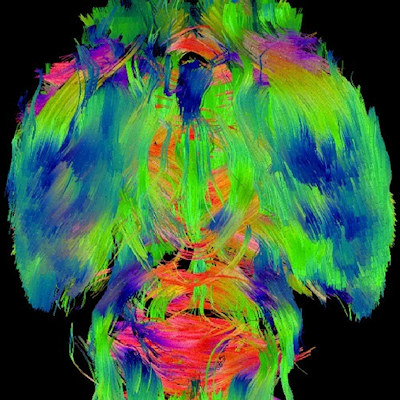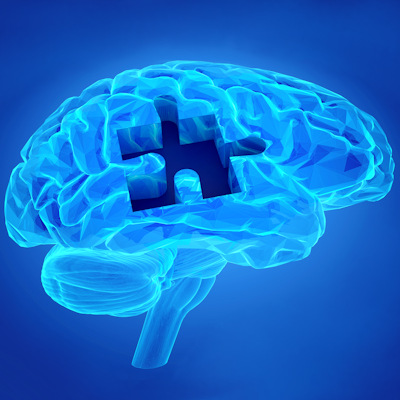December 12, 2022 -- The National Institute of General Medical Sciences, one of the National Institutes of Health (NIH), awarded a University of Massachusetts Amherst scientist $1.8 million to study how long-term memory works at a molecular level.
The lead researcher will focus on Ca2+/calmodulin-dependent protein kinase II (CaMKII), a calcium-sensitive protein encoded by four genes in mammals. From previous research, it's already known that this protein is crucial in learning and memory processes.
The grant money will help determine how CaMKII in neurons may act as a hub to maintain molecular signals over a long period of time. Once that process is known, the research will potentially provide ways to intervene therapeutically when mutations occur that can affect long-term memory.
The scientists plan to use sequencing, biochemistry, structural biology, and cellular assays to study the roles of CaMKII in different cells. CaMKII is also found in other calcium-coupled cells in the body, including cardiomyocytes in the heart and oocytes in the ovaries so that treatment approaches could target multiple disorders, such as neurologic disease, cardiac dysfunction, and infertility.
"The cool thing is that the versions of the protein that are found in those different cells are actually quite similar," Margaret Stratton, a UMass Amherst associate professor of biochemistry and molecular biology, said in a statement. "So, what we learn in one system also informs us on the other systems."
Copyright © 2022 scienceboard.net











